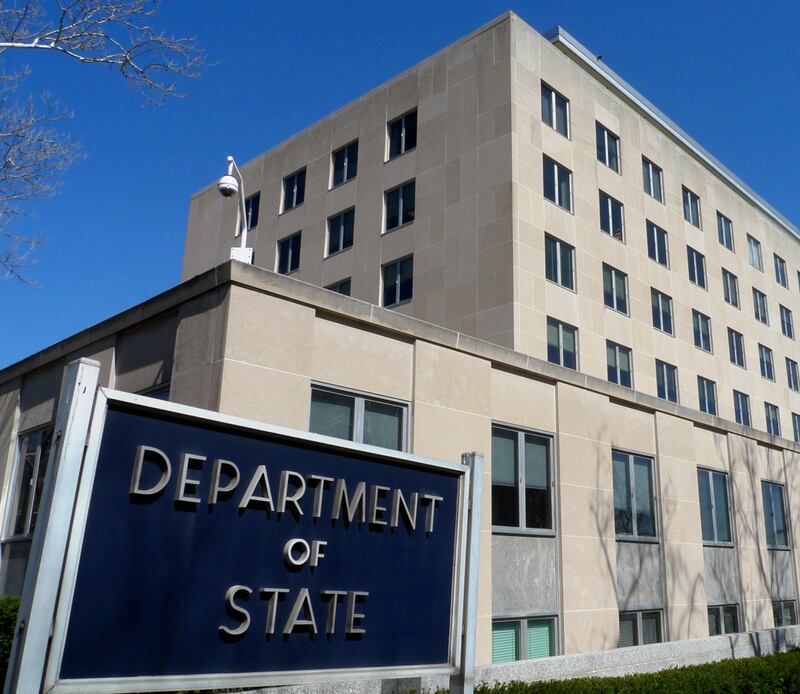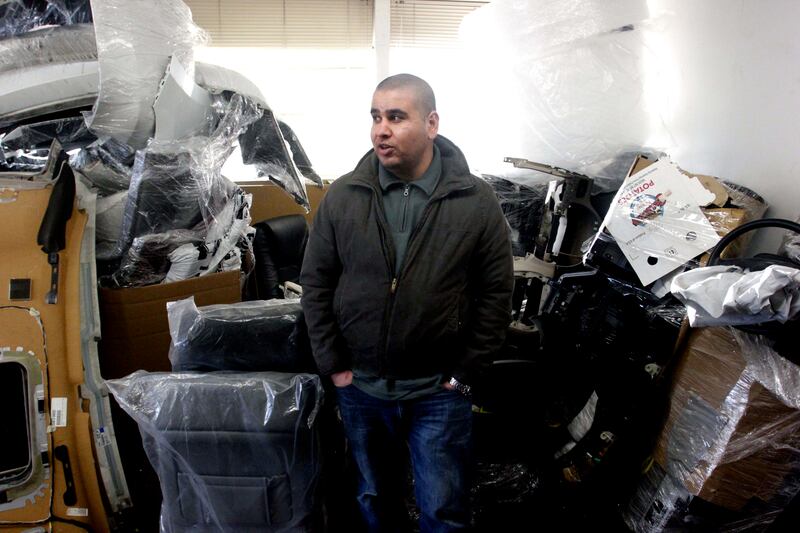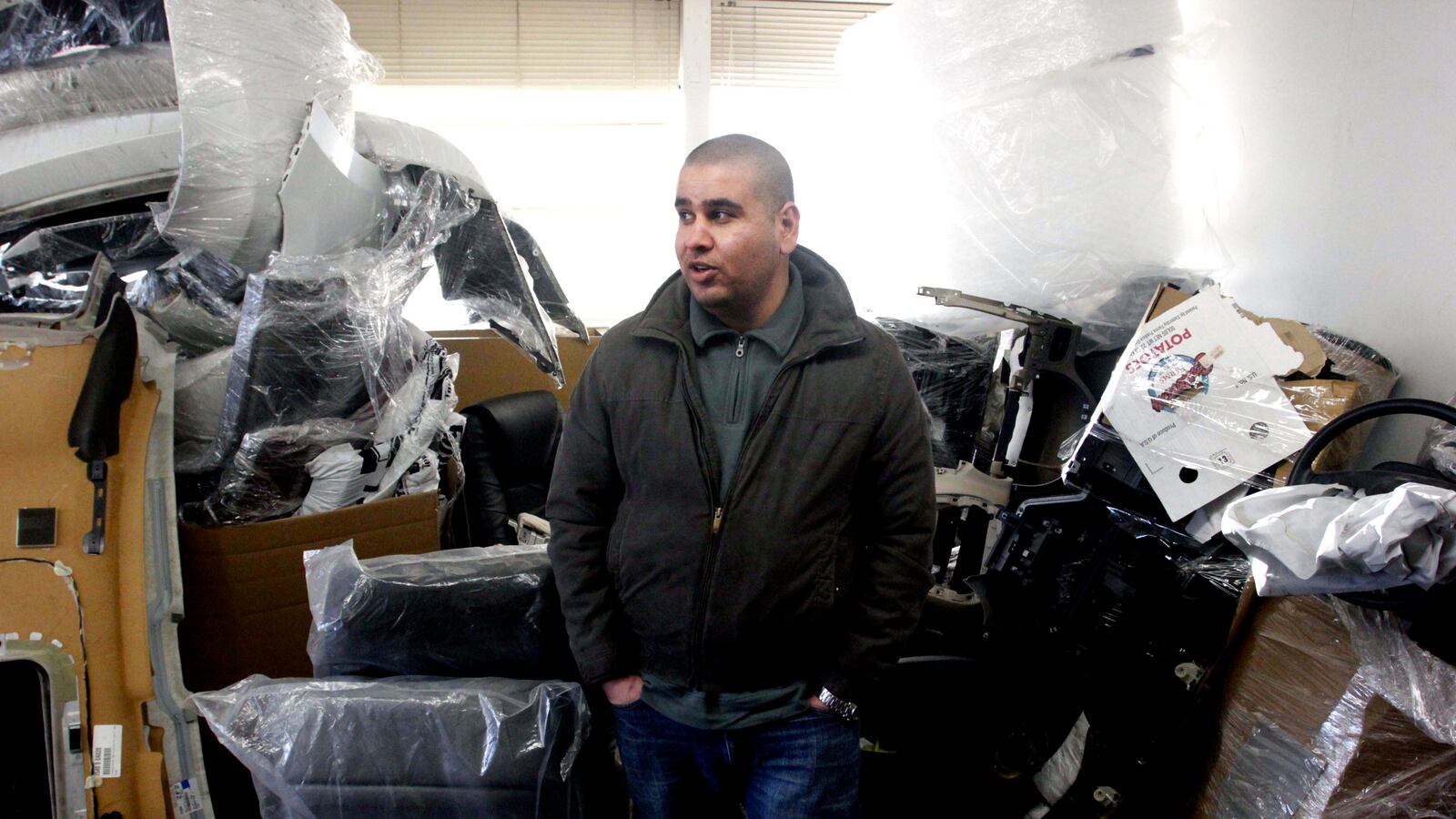If Congress doesn’t act, on October 1 the State Department will dismantle the Special Immigrant Visa (SIV) program for Iraqi refugees. The program was introduced in 2008 as a way to provide special immigration status to some of the tens of thousands of Iraqis who served alongside U.S. forces at great danger to themselves and their families, during our eight-year occupation. Today, five years after the original legislation passed, less than a third of the 25,000 allotted visas have been distributed and the charter is set to expire. Will this be just another broken promise to the people of Iraq?

Reauthorization for the Iraqi SIV program and its 17,000 remaining visas is in the National Defense Authorization Act but it will not pass before October 1 when the current mandate expires. And the continuing resolution, the legislation that keeps the government running until the budget passes, fails to reauthorize the program. As a result, the last hope for Iraqi refugees stands to disappear. If he hasn’t been killed by a car bomb or Shia thugs, somewhere in Baghdad my interpreter Omar* is laughing that he proved me wrong again.
I remember our conversation clearly: it was around midnight in early January of 2011. Our timeline for withdrawal from Iraq was set, and the diminishing troop presence drove home the fact that we would all be gone within the year. On our joint Iraqi Army base in downtown Baghdad, smoking in the hallway outside my office, I asked Omar about his attempts to apply for a visa to the U.S. and his hopes for the future.
A college student by day, he was barely 20 years old, spoke perfect English, knew several programming languages, and was smart enough to read the writing on the wall. Chiding me with a lighthearted laugh, he answered:
“There is no hope here.”
As the American in the conversation, the keeper of the flame for the huddled masses yearning to breathe free, great-grandson of an immigrant who came with nothing and built a new life in a new land, I tried to sell him hope. I told Omar that tomorrow would bring new opportunities. I still believed then that I would find a way to leave Iraq better than I had found it. Omar only laughed again and said:
“It’s okay, I don’t blame you. We did this to ourselves.”
I don’t think he fully believed himself but it was a kind lie to let me off the hook. It was also Omar’s way of restraining his own hope that the Americans would try to fix what they had broken or at least honor our Iraqi partners who would be stuck after we left, not only with the wreckage of our policies but with bounties on their heads.
I told Omar that the United States wouldn’t abandon those who fought alongside us and risked their lives. I told him that after Vietnam we didn’t forget about our allies and took action to get them out of harm’s way and to the United States. Omar smiled and went back into the office. I believed what I was saying then, but watching Congress’s inaction has made me see how hollow American promises can be.
I’ve lost touch with Omar. I wanted to leave the war behind; as an American I could do that. Whether alive or dead, my country promised to bring me home, a promise they would fight hard to keep. No risk in working tirelessly for a hero, at least one with a U.S. birth certificate. Plenty of risk in fulfilling a promise to a Sunni kid with no political capital at stake. Omar’s courage in coming into work each day stands in stark contrast to a cowardly bureaucracy that took three years to implement the Iraqi refugee SIV and even then only gave out less than a third of the available visas.
I have given up the cigarettes and taken off the uniform. Still, I cannot stop thinking about Omar and the others like him. The memory forces me to reckon with my own selfishness—that I used him to understand a foreign culture so that I could try to remake it, only to leave him behind as the structure was crumbling. He might have known enough not to trust a superpower which had reneged on so many promises but still, he held out hope that this time it would be different.
There is still a chance to honor our commitments and for the United States to live up to the image of our own ideals that we want the rest of the world to recognize as our true nature. Organizations like the Iraqi Refugee Assistance Project and The List Project to Resettle Iraqi Allies are trying to hold our government to its promises and do the right thing. Veterans like Medal of Honor recipient Dakota Meyer are campaigning as well. Our biggest obstacle? Indifference from a public tired of hearing about these countries after a decade of war and a Congress that would rather forget and move on to issues with more political juice than fulfill past promises.

The solution is simple: add another line to the continuing resolution to reauthorize the Iraqi Special Immigrant Visa program. It’s already on the books—this isn’t complicated. It’s as simple as my morning routine in New York, commuting without the threat of a suicide bomber or sectarian hit squad.
For me, each new morning is another day since I left Iraq. For Omar and the other Iraqis who stood alongside us, it’s another day watching their country grapple with its future as sectarian violence escalates and the fragile gains that came from the occupation are further imperiled. Unlike me, Omar has no comfortable distance to observe the fate of Iraq; his own life is constantly at risk.
Let’s draw a line here and stand up for our Iraqi allies who risked everything on our behalf.
*Name changed.






